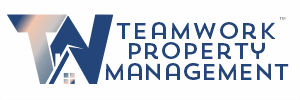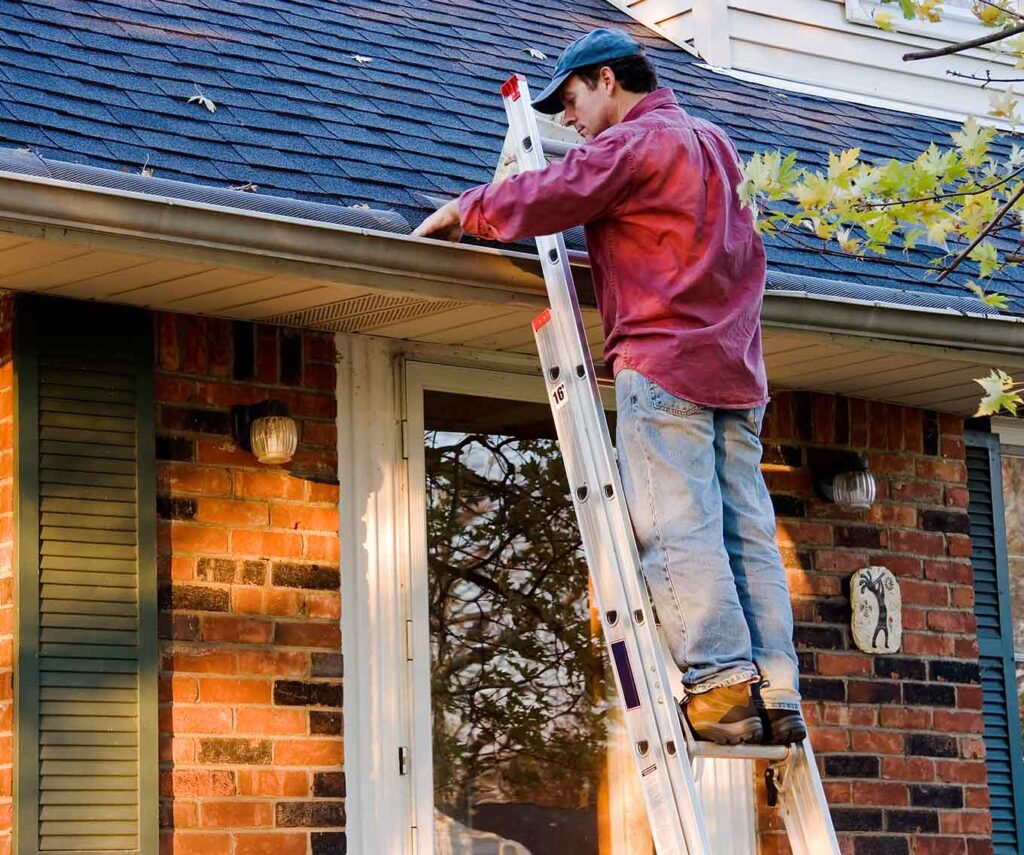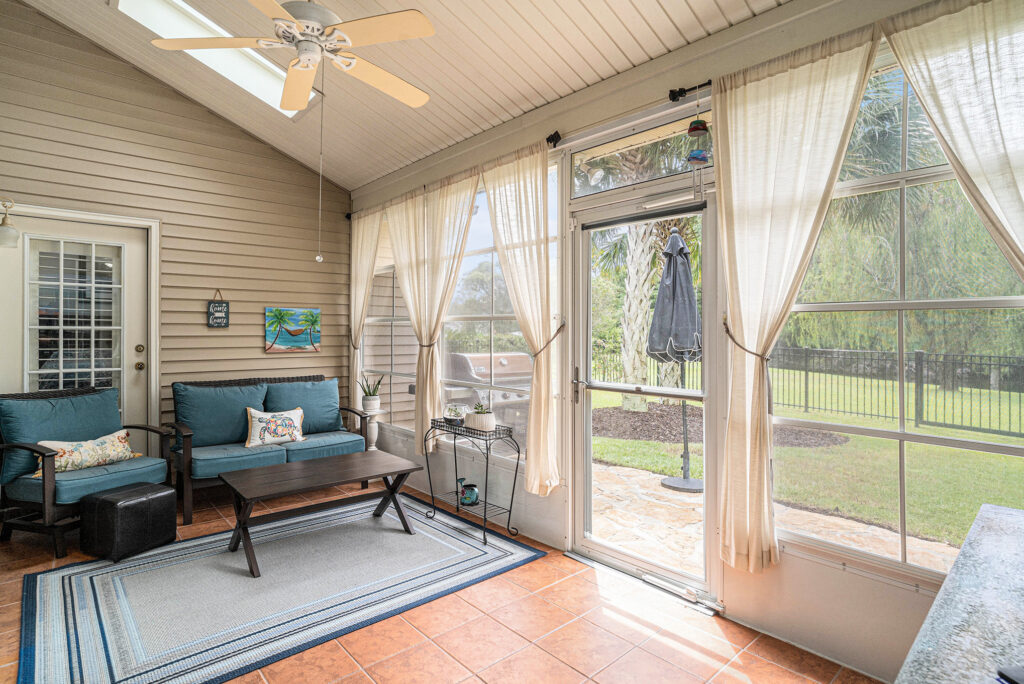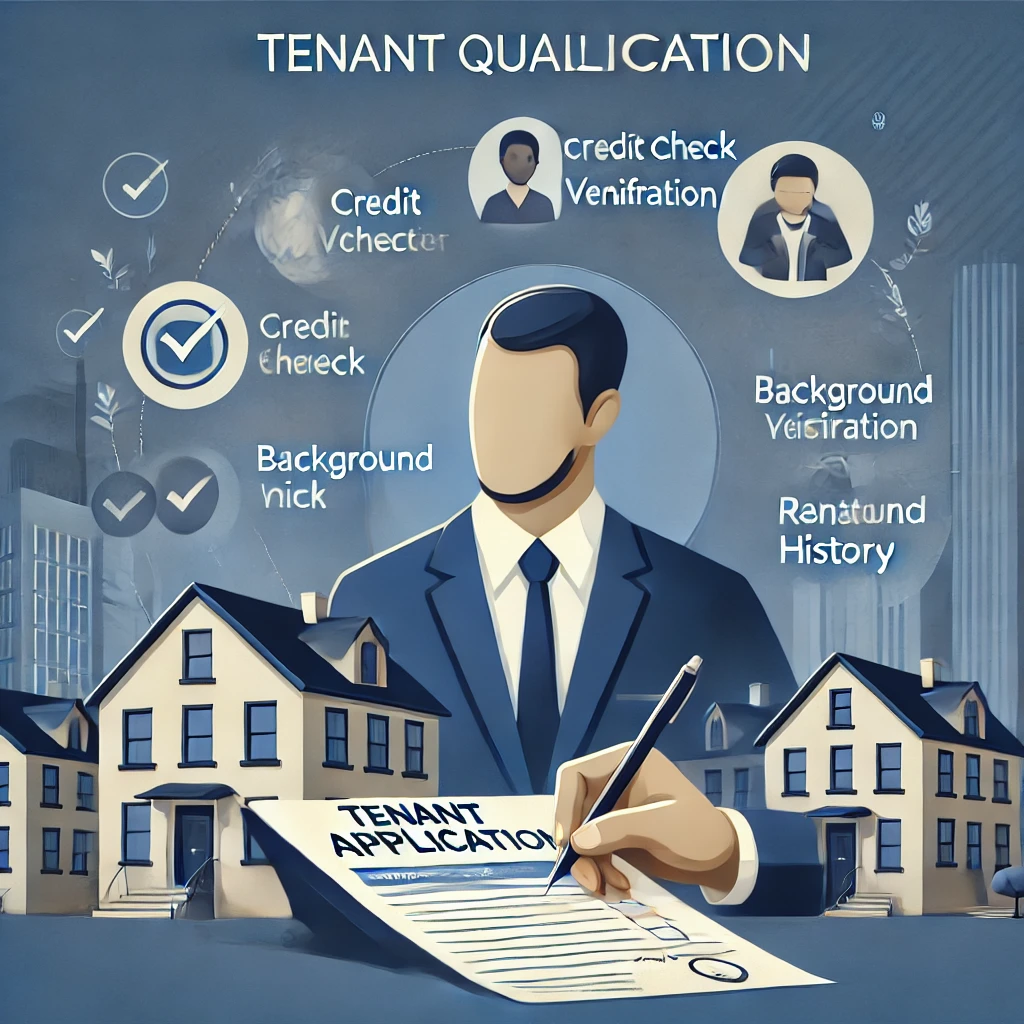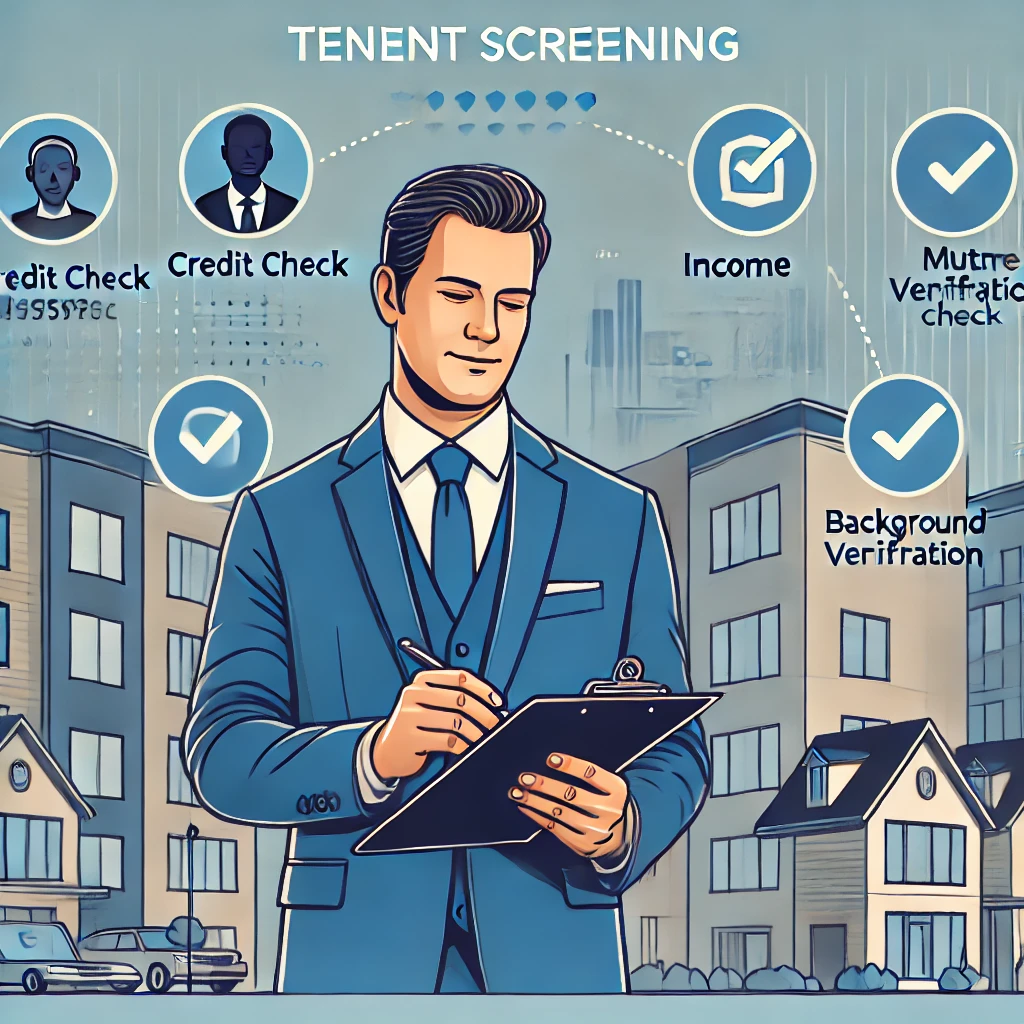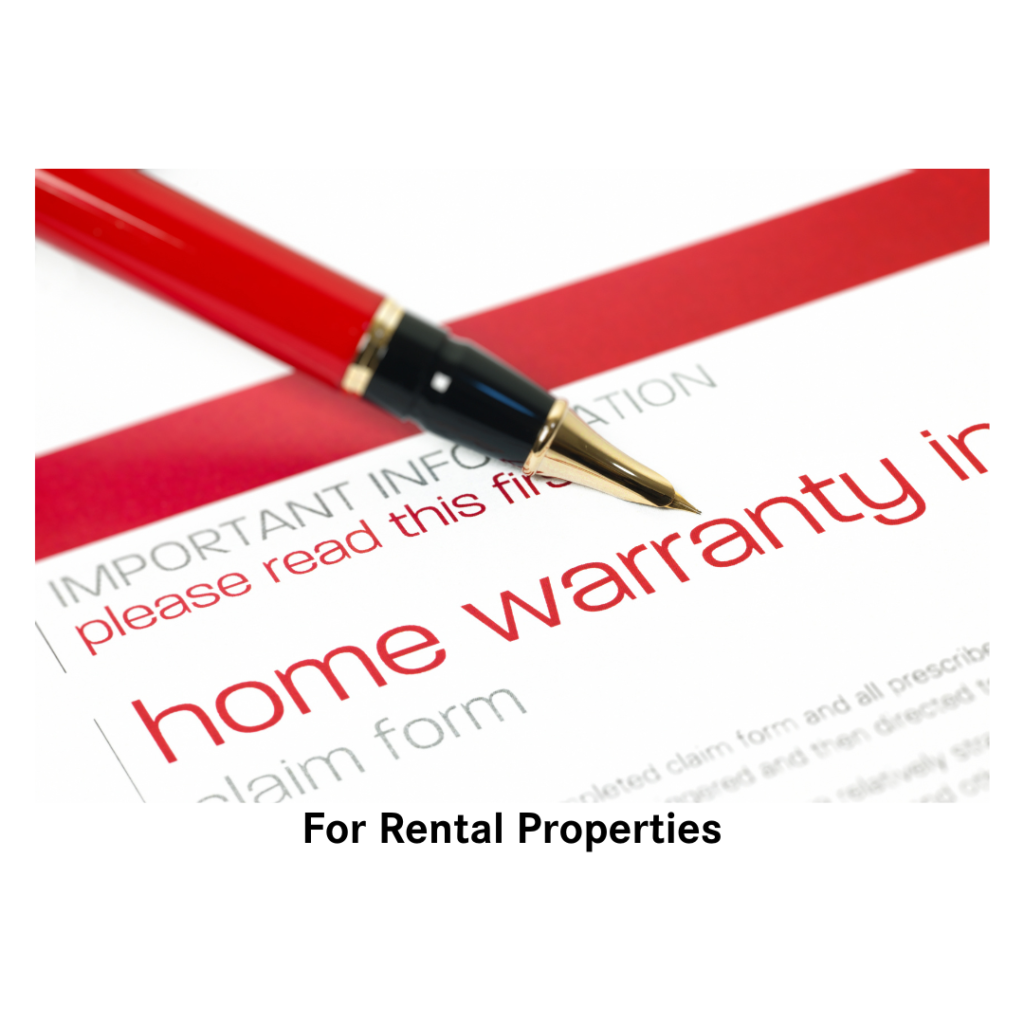
Best Marketing Strategies for Rental Properties in Charleston
Charleston’s rental market is booming—and with good reason. From its charming historic neighborhoods and coastal appeal to its thriving job market and world-class dining, the Holy City continues to attract renters from all walks of life. But in a competitive market, standing out is essential. At Teamwork Property Management, we’ve seen firsthand what works when it comes to marketing rental properties in Charleston. Whether you’re filling a downtown condo or a family-friendly home in West Ashley, here are some of the best marketing strategies to attract high-quality tenants:
1. Professional Photography is Non-Negotiable
Your listing photos are the first impression. High-resolution, well-lit images that showcase the home’s best features—like natural light, updated kitchens, or outdoor spaces—can significantly increase engagement. Consider drone shots if the property has a great location or large lot.
2. Write Compelling, Location-Focused Descriptions
Go beyond square footage and bedroom count. Describe what makes the property and neighborhood special. Is it walkable to King Street restaurants? Close to top-rated schools in Mount Pleasant? Highlight the Lowcountry lifestyle renters are looking for.
3. Leverage Social Media & Paid Ads
Platforms like Instagram and Facebook are ideal for showcasing Charleston charm. Share video walk-throughs, virtual tours, and “just listed” reels to reach a wider audience. A small budget for targeted Facebook or Google Ads can also help boost visibility in competitive areas.
4. List on High-Traffic Rental Sites
Your property should be listed on major platforms like Zillow, Apartments.com, and RentCafe. But don’t stop there—local platforms and university housing boards (like those at MUSC and CofC) can help connect you to niche markets.
5. Utilize Virtual Tours and 3D Floor Plans
Especially for out-of-town renters moving to Charleston, virtual options can make a big difference. Adding a Matterport tour or video walk-through to your listing gives prospects a chance to “walk” the space before scheduling a showing.
6. Reputation & Responsiveness Matter
Quick, professional responses to inquiries reflect how you manage your properties. Tenants want to know that you care and communicate well—showing that from the start goes a long way.
7. Consider Seasonal Timing
Charleston has distinct leasing seasons. Summer and early fall tend to be busiest, especially for families and students. Time your marketing efforts accordingly and start promoting your rentals 30–60 days before availability.
8. Partner with a Local Property Management Company
Having a team that understands Charleston’s rental landscape can make all the difference. From setting the right price to navigating local trends and legal requirements, we help property owners maximize their investment with less stress.
Marketing your Charleston rental property effectively is about telling a story—one that resonates with renters looking for a home, not just a house. By combining strong visuals, strategic listing placement, and a personalized approach, you can attract quality tenants faster and reduce vacancy time.
If you’re ready to take the guesswork out of marketing your rental property, contact Teamwork Property Management today. We’re local, experienced, and passionate about helping you succeed in Charleston’s thriving rental market!
